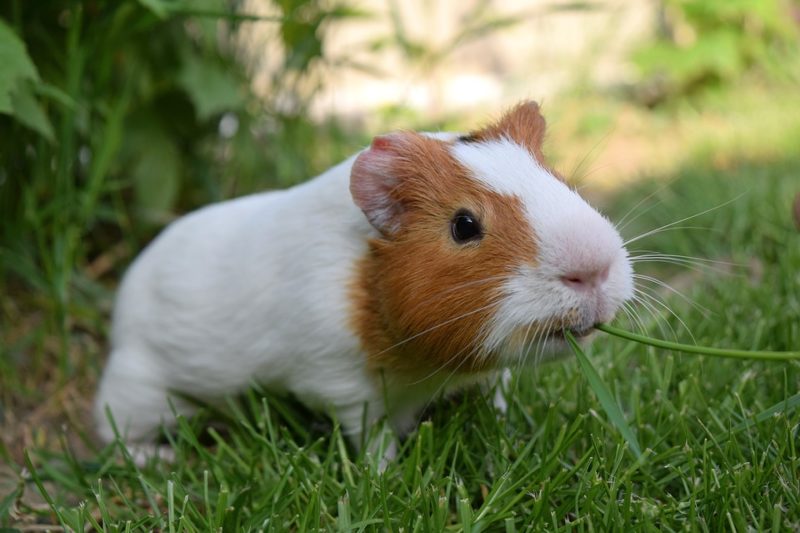Yasmin Qureshi Labour Member of Parliament for Bolton South East

I was disgusted at the findings of a recent exposé by Animal Aid, which brought to light some of the horrors that are being inflicted on innocent animals in the name of science.
I would urge you to read the Independent article that covered it: https://www.independent.co.uk/news/uk/home-news/porton-down-animal-tests-guinea-pigs-chemical-weapons-experiments-a8788711.html
Here is an excerpt from the Animal Aid exposé regarding an experiment that took place at Porton Down:
‘The guinea pigs had a nerve agent called VX applied to their backs in order to see how a chemical – known as a bioscavenger – would alter the effects of VX. A large dose can cause fits, a loss of consciousness, paralysis and a failure to breathe, potentially leading to death.’
- The guinea pigs had devices implanted into their bodies to record their temperatures.
- Later, surgery was performed to cannulate a vessel in their necks. The animals were also permanently ‘tethered’ – connected to a pump, via tubing.
- Several days later, the guinea pigs were poisoned with VX. The VX, which was made at Porton Down, was applied to a clipped area on the animals’ backs. The dose was higher than that needed to kill the animals.
- Once the guinea pigs showed obvious signs of poisoning, they were given various injections, depending upon which study group they were placed into.
- The animals were observed, continuously for 8 hours and then at intervals for up to 2 days. They were given a score based on their condition: the higher the score, the worse the condition. Dead animals were scored 31.
- The symptoms being ‘scored’ included ‘no meaningful voluntary movement’, ‘gasping’, ‘continuous tremor’, ‘production of tears’ and ‘writhing’.
- The animals were killed at the end of the study or when they became too cold or had lost too much weight. Dead animals were dissected.
- All of the guinea pigs who did not receive the drug being studied died within 10 hours of being poisoned.’
These experiments are on top of the standard deprivations of life in a laboratory, including: restriction on movement, inability to choose cage-mates, inescapable stressors such as human presence, and distressing light and sound.
It is also worth remembering that animals cannot consent to these experiments.
In addition to the ethical objections to animal testing in warfare experiments, there are also scientific objections.
Indeed, a 2007 paper compared the effects of a class of compounds on the molecule in humans and guinea pigs, which is affected by nerve agents. This paper casts doubt on the use of the guinea pig to determine how well these compounds will work in humans, stating: the ‘guinea pig may not be a suitable animal model for the evaluation of nerve agent antidotes’ and that some potentially useful compounds to protect against nerve agents ‘that are suitable for humans may be dismissed based upon their poor efficacy in guinea pigs’.
There are also general concerns about the scientific merits of using animals in experiments:
- The FDA states that nine out of ten new human medicines fail the first stage of human/clinical trials because animals cannot predict human outcomes.
- The National Cancer Institute says: ‘we have lost cures for cancer because studies in rodents have been believed’.
- Penicillin was delayed for human patients by over a decade because it has no effect on rabbits. Its discoverer, Alexander Fleming, said: ‘How fortunate we didn’t have these animal tests in the 1940s, for penicillin would probably never have been granted a license and the whole field of antibiotics might never have been realised.’
- Pharmaceutical companies regularly and openly acknowledge the failure of animal models. The organisation ‘For Life on Earth’ has compiled many of these quotes, and I have enclosed a copy of this document for you to see.
At Porton Down alone, thousands of animals are experimented on every year, and it is believed that over 100,000 animals have died there over the last 10 years.
I do not believe that these morally bankrupt and scientifically dubious experiments have any place in a civilised society.
This is why I have written to the Parliamentary Under Secretary of State for Food and Animal Welfare, David Rutley, and called on him to impose a moratorium on animal testing and conduct a review into its efficacy.
